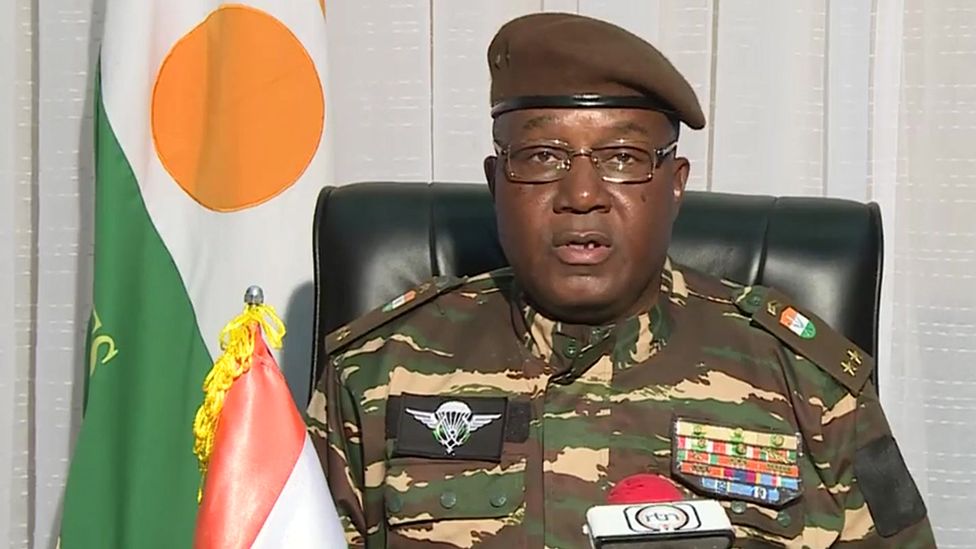The Economic Community of West African States (ECOWAS), the primary regional bloc in West Africa, has dismissed a proposal by Niger’s military junta to conduct elections within a span of three years.
This rejection prolongs a political deadlock that could potentially lead to a military intervention if no resolution is reached following the July coup.
In the aftermath of the July 26 coup in Niger, the seventh coup in West and Central Africa within three years, ECOWAS and international powers have been working to find diplomatic solutions to the crisis.
Despite multiple attempts at dialogue, these efforts have been rebuffed. ECOWAS, adopting a tougher stance than its neighboring countries led by military juntas, has activated a regional force that stands ready for deployment should negotiations falter.
The bloc reinforced its ultimatum on Friday, just a day prior to the junta’s eventual agreement to meet with an ECOWAS delegation in the capital, Niamey. This indicated a newfound willingness on the junta’s part to engage in cooperation.
During a televised address to the nation on Saturday, junta leader General Abdourahamane Tiani stated that the coup leaders were still open to dialogue.
However, he also mentioned the junta’s consideration of a transition period back to democracy over the course of three years, echoing the prolonged timelines proposed by other coup leaders in the region.
ECOWAS Commissioner Abdel-Fatau Musah emphasized the bloc’s unchanging position, stating, “Release Bazoum without preconditions, restore constitutional order without further delay.”
He was referring to the ousted president of Niger, Mohamed Bazoum. Musah conveyed this message via WhatsApp in response to a question regarding the proposed delay in elections.
The outcome of “ongoing informal discussions” will determine whether ECOWAS will dispatch another mediation mission to Niger, Musah added.
ECOWAS’s reputation has been at stake as a series of recent coups have undermined democracy in the region, raising doubts about the organization’s influence as junta leaders cling to power.
The bloc has clashed with other military governments that have requested several years to prepare for elections.
In the past year, ECOWAS imposed sanctions on Mali after interim authorities failed to organize the promised elections, lifting the sanctions only after a new 2024 deadline was agreed upon.
Burkina Faso has also committed to restoring civilian rule next year, while Guinea shortened its transition timeline to 24 months last year under ECOWAS pressure.
Niger, already facing a slew of international sanctions since the coup, including those from ECOWAS, is grappling with intensified economic pressure, compounding the challenges in one of the world’s poorest nations.
